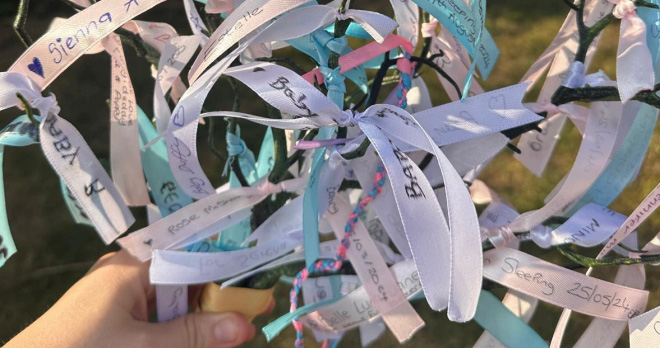Baby loss, stillbirths and the inquest process: information for parents and families

Losing a child is an unimaginable pain that many sadly experience. Nearly 2,000 babies under 12 months old die each year (ref: ONS) and over 2,600 babies are stillborn (Ref: Tommy’s), causing overwhelming grief for parents and families. A stillbirth is currently defined as the death of a baby after 24 weeks of pregnancy but dying before or during birth.
Are inquests held when a child has died?
A coroner will call an inquest to determine the cause of death of a baby or child if this is not apparent from the medical history or the post mortem, or if there are any unanswered questions surrounding the circumstances of the death.
The current laws surrounding inquests in the death of a child are that if a baby is stillborn then a coroner will not be able to hold an inquest as they are only able to investigate a death if a baby has shown signs of life after birth.
In 2019, the Government put forward proposals to extend a coroner’s reach to investigate stillbirths that take place after 37 weeks of pregnancy. At the end of 2023, they published their consultation findings; however, there was no commitment to bring in these changes and there have been few updates since. Unfortunately, at the moment it seems unlikely that coroners will be investigating stillbirths in the near future.
What if there is not an inquest?
Where the coroner has decided not to hold an inquest- such as when the cause of death is known or when a baby has died before birth – but there remain concerns about how a child died, there are still ways to investigate.
For babies who are stillborn, the hospital or NHS Trust in charge of the mother’s care should investigate. However, the form and extent of these investigations can vary across the country. The Maternity and Newborn Safety Investigations (MNSI) (a government body) may also choose to investigate. However, the circumstances in which they investigate are quite narrow.
If a baby or young child has died in hospital, then it is likely that the hospital or NHS Trust will carry out an investigation in this instance as well.
Families or parents can also raise complaints about the treatment their child (or themselves) received whilst in hospital or by a GP through the Trust’s complaints process. For hospitals, this is normally run by the Patient Advice and Liaison Service and for complaints made within a year, the Trust has to provide a response. Even if you complain outside of this time limit, most Trusts are likely to consider and respond to a complaint. The charity AVMA provides a useful guide on making a complaint to the NHS. Some people also choose to investigate bringing a claim in clinical negligence, which is something we can assist with.
What happens at an inquest if one is held?
An inquest is a fact-finding investigation led by a coroner to find out four facts about a death: who died, when they died, where they died and how they died. An inquest is not a civil or criminal trial and it is not the coroner’s job to blame anyone for the death.
A death will be reported to the coroner by a doctor or medical examiner and the coroner will then begin an investigation. They may order a post mortem report, which is performed by a pathologist (a specialist doctor). It may be that following the post mortem, the cause of the death is known and the coroner ends their investigation.
However, if concerns remain about the cause of death or the child or mother’s medical treatment before death then the investigation will likely continue. The coroner will gather evidence such as medical records and get witness statements from people involved. Families are often asked to provide statements outlining their concerns or what they know of what happened.
The coroner will then hold an inquest hearing, inviting witnesses to give evidence in person and giving an opportunity for family members to ask questions of witnesses. After all the witnesses have given their evidence, the coroner will summarise all the evidence heard before giving their findings of fact about what happened and giving a Conclusion (previously known as a ‘verdict’). The Coroner will also complete a formal document called the Record of Inquest to record the findings of the hearing.
Can the coroner order improvements?
An additional duty of the coroner is to try and prevent future deaths occurring. Therefore, throughout the inquest process the coroner must consider whether there is evidence that there is an ongoing risk of death to others. If there is, the coroner must prepare a Prevention of Future Deaths report (sometimes called a Regulation 28 report) highlighting their concerns and directed to the person or organisation that has the authority to make improvements. They can’t tell the organisation what to do, but they can highlight their concerns and request improvements.
For more information on inquests, you can download our guide here.
If you would like advice and support following a baby loss suffered by yourself or someone else, please contact our team below.
Call now
Read more insights here.
View more articles related to Family, Inquests and Fatal Claims and Team Around the Client







